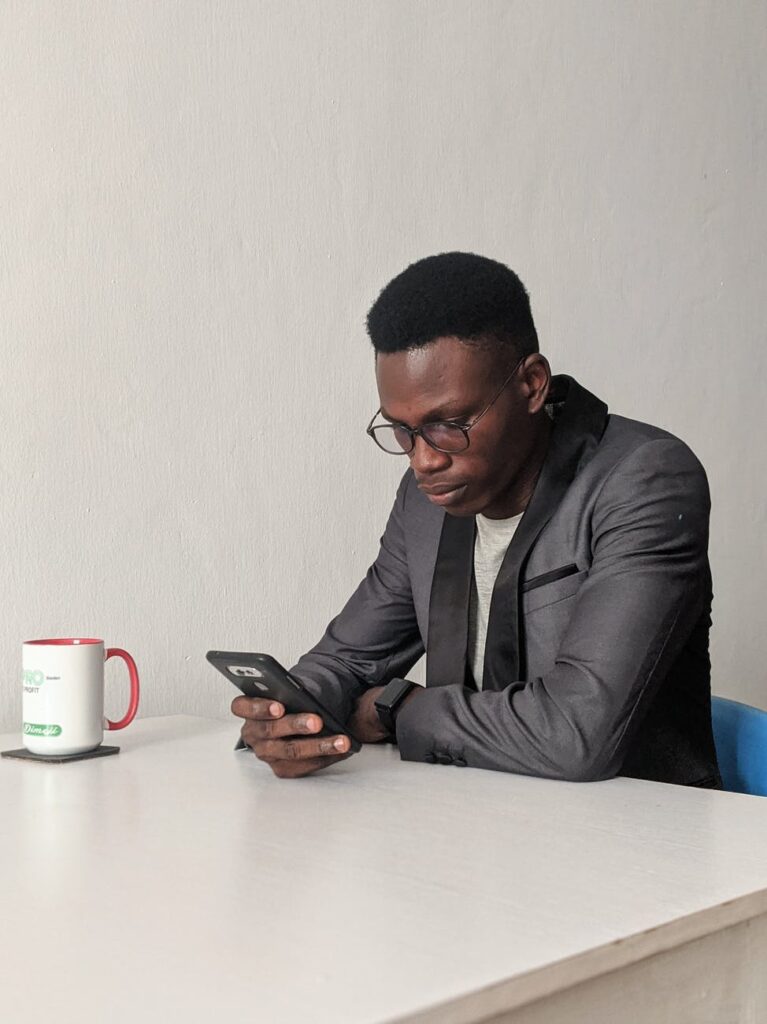Two of the key focuses of my blog are Health/Wellness and Technology. Society is facing unprecedented challenges in the area of interpersonal relationships between the sexes. In large part it’s a combination of changed gender norms and the coming of technologies such as dating apps. The following contributed post is entitled, Do Dating Apps Undermine Our Ability.
* * *
On the face of it, dating apps seem like a great idea. Everyone posts a short advert about themselves, along with a few pictures. Then they use it to reach out to like-minded, compatible people.

But when you delve into the psychology of it a little deeper, you soon realize that things aren’t as rosy as they sound.
In the past, people didn’t choose each other a la carte. Instead, romantic encounters were happenstance events. People met in all sorts of weird and unusual situations, and, importantly, it happened in real life.
Dating apps subvert the process of finding a lover. Daters get to compare each other like products in the grocery store, inspecting people and comparing them to each other. Apps have made the process of finding love more akin to shopping, and less like organic and real.
Data suggests that these apps are changing our behaviors. When we liked somebody in the past, we had to muster the courage to fire up a conversation with them. The price of engagement was the fear of rejection. You never knew whether the object of your desire would feel the same or even entertain a conversation with you.
Theoretically, the same is true of dating apps. But there’s a big difference between clicking a button that says “wave” and marching across a room and talking to a stranger. Apps mean that we’re now less invested in love than ever before.
The second problem is how apps turn dating into a marketplace. Sure, we’ve always had beautiful, intelligent, wealthy, and influential people who have their pick of the bunch. But never have we had a situation where you can compare two people so directly, like on a price comparison website, and choose the best deal for you.
Dating apps also have a fundamental business problem that works against their customers: successfully matching people is not in their interest. The moment you find love, you stop searching for a new partner and cancel your subscription. Agencies, therefore, continually send you emails, showing you all the juicy new people with whom you could have a romantic fling. It’s a constant temptation, and it distracts you from the primary object of your affections.
Dating apps are also dangerous. Some criminals have received 15 years in prison as a result of their actions. This risk is also making people more suspicious of other users, making it more challenging to get things off the ground. People are reluctant to meet up.
Perhaps the old way of doing things was better. Research now shows that relationships that start in-person are much more likely to survive than those that don’t. Furthermore, people who use dating apps are more likely to report mental health problems than those who don’t, perhaps because of the emotional brutality of the scene.
Whatever the case, it is unlikely dating apps will be going anywhere, anytime soon. The coronavirus lockdown means that these services are the only way that many people are going to be able to find love. All the usual venues are closed.

